United Kingdom vs. China
1953 - 1972
Core issue: Ideological dispute during the Cold War between Communist China
and the United Kingdom, including the status of Hong Kong and Taiwan.
Type of conflict ending: Peaceful thawing
The conflict between the United Kingdom and China lasted from the end of the Korean War until 1972, when full diplomatic relations were established, and ambassadors were exchanged. The core issue was
an ideological dispute over communism, but the status of Taiwan also factored into the conflict. In 1954, Britain's Superintending Under Secretary in charge of Far Eastern Affairs in the Foreign Office described British policy toward China as one of containment and seeking a modus vivendi. In contrast to a lack of communication throughout much of the United States-China conflict, negotiations (mostly informal) between the UK and China were ongoing throughout the duration of the conflict.
The two countries engaged with one another during the Korean War. They were both involved in supporting their allies and attempting to further their own foreign policy agendas. China initially hesitated as it was just coming out of its own civil war and did not have the finances to support another war endeavor. However, the perceived threat of the United States on its border, combined with pressure from the Soviet Union, and its sense of obligation to assist North Korea, influenced Beijing to become involved.
The United Kingdom on the other hand was still recovering from the Second World War and had several post-colonial issues to be resolved in the region. The UK was already militarily involved in what was known at the time as British Malaya, one of its former colonies, and maintaining a military presence in Hong Kong. However, the UK acknowledged the importance of supporting the US in the Korean War. Its standing in
the Western Camp also pushed it to enter the war in order to fight the spread of communism, and public support for involvement was strong. The UK fought under The United Nations/United States command in the war. The Korean Armistice Agreement, while not a formal treaty, led to the cessation of fighting in 1953.
The primary issues between the United Kingdom and China that were not resolved at the end of the Korean War, aside from their involvement on different sides, were the UK's Taiwan policy and the question of China's representation in the United Nations. The United Kingdom formally recognized the PRC in 1950, however China did not recognize the UK due to its Taiwan policy. While the UK realized it had an obligation to support its ally, the US, it did not maintain the same level of support for Taiwan as the US did. Beijing remained unsatisfied with the UK's ambivalence.
In 1954, at the Geneva Conference, diplomatic relations at the level of chargé d'affaires were established. The UK also supported US efforts to exclude the PRC from the UN (China was represented in the UN by Taiwan). This support remained a major point of contention between the UK and China throughout the conflict. In 1962, the UK did vote in support of a Soviet resolution advocating for the entry of the PRC into the UN, but also in support of a US resolution that would require a two-thirds majority vote. This support for both resolutions reflected how the UK attempted to maintain a balanced relationship with China.
Until 1965, relations between China and the UK remained largely free of major disputes. Relations diminished in 1965-66. China sharply criticized the UK for supporting United States involvement in Vietnam and included Hong Kong in the dispute by claiming that the US was using Hong Kong as a "base of aggression" against North Vietnam. British diplomats in China were also subjected to pressure. However, much of China's heated rhetoric against the UK during this time was symbolic and did not engender material consequences.
Relations worsened during the Cultural Revolution from 1966-67. In June 1967, the Red Guard, a militant student group, assaulted three British diplomats, and Mao Zedong refused to condemn the act. This was followed by more violence in Hong Kong and even London. These incidents increased tensions but matters did not escalate further. China's policy toward the UK and Hong Kong was not significantly changed, and in the following years, both the UK and China sought to normalize relations. Rising tensions between China and the Soviet Union, and the Sino-Soviet Border War also led Beijing to seek a softer stance in their relations with the West. In 1971, Taiwan was expelled from the UN, and the PRC admitted, and in March 1972, full diplomatic ties were established between the United Kingdom and China. This development indicates that the conflict was resolved through peaceful thawing.
Sources
Foot, R.J., 1986. "Anglo-American Relations in the Korean Crisis: The British Effort to Avert an Expanded War, December 1950-January 1951", Diplomatic History, 10 (1), 43-57.
Hamilton, K.A., 2004. "A 'Week that Changed the World': Britain and Nixon's China Visit of 21-28 February 1972", Diplomacy & Statecraft, 15 (1), 117-135.
Mark, C.-K., 2017. The everyday Cold War: Britain and China, 1950-1972. London; Oxford; New York: Bloomsbury Academic, an imprint of Bloomsbury Publishing Plc.
Qiang, Z., 1992. "China and the Geneva Conference of 1954", The China Quarterly, Vol. 129, 103-122.
